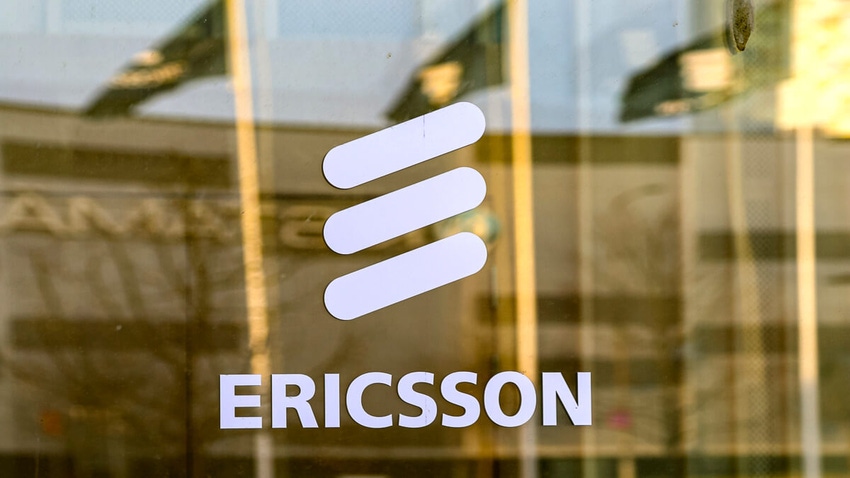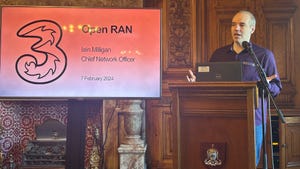
Ericsson has launched a commercial partnership with Deutsche Telekom to offer communication and network application programming interfaces (APIs) to developers and enterprises in what it says is only the first in a series of such deals that will form a new global strategy for the Swedish vendor. The API portal will be powered by software from Vonage, the cloud-based communications provider which Ericsson acquired last year for $6.2 billion. Deutsche Telekom will market the service under the MagentaBusiness API brand and says that developers and business customers will be able to use the portal to embed communication functions like video, voice and messaging into their products, applications and workflows.
The UK government is investing £1.3 million (US$1.6 million) into trials of "smart tech" such as lampposts that can double up as electric-vehicle chargers, as well as Internet-connected traffic lights bins, benches and bus stops. Six locations have been chosen to host the trials, though the downside for the local authorities in these locations is that between them they have to invest a further £2.7 million ($3.3 million) into the program. The trials will begin next month and will run until the end of March 2025. Funding is being delivered through the government's Smart Infrastructure Pilots Programme (SIPP).
Vodafone is claiming a world first with what it describes as a "space-based 5G voice call" using an unmodified Samsung Galaxy S22 smartphone and AST SpaceMobile's BlueWalker 3 test satellite. The call was made from Hawaii to a Vodafone engineer in Spain. In a separate test, AST SpaceMobile, supported by Vodafone, says it broke its previous space-based cellular broadband data session record by achieving a download rate of nearly 14 Mbit/s.
EE, the UK mobile operator and broadband provider owned by BT and enthusiastically endorsed by Kevin Bacon, has teamed up with Qualcomm Technologies with a view to a rollout of new in-home hardware featuring the chip giant's Wi-Fi 7 wizardry. According to EE, Wi-Fi 7 brings a number of important new features such as the ability to use the extra 6GHz channel with 320MHz channel bandwidth allowing much broader capacity; Multi Link Operation, which allows data to be sent over multiple bands simultaneously; and 4K QAM, which offers up to 20% increase in peak data transmission performance. EE's announcement closely follows Qualcomm's news that it had launched its new Wi-Fi 7-powered gateway and a new cloud-based platform intended to boost the performance of the home wireless network for service providers and enterprise customers.
Telefonica Deutschland says it may seek compensation from the German government if Berlin imposed restrictions on using Huawei gear that forced retrospective "rip and replace" changes to its network. As Reuters reports, a government official had earlier said that Germany's interior ministry would force operators to cut back heavily on the use of equipment from Huawei and ZTE after a review highlighted potential problems raised by what was described as an over-reliance on the Chinese vendors.
The BBC reports that the UK government has clashed with Meta over encryption of its messaging services, with Home Secretary Suella Braverman saying that the social media company had "failed to provide assurances that they will keep their platforms safe from sickening abusers." Meta disputes this, claiming that it supplied that information to the government in July. "We don't think people want us reading their private messages … The overwhelming majority of Brits already rely on apps that use encryption to keep them safe from hackers, fraudsters and criminals," the firm said.
Read more about:
EuropeAbout the Author(s)
You May Also Like












